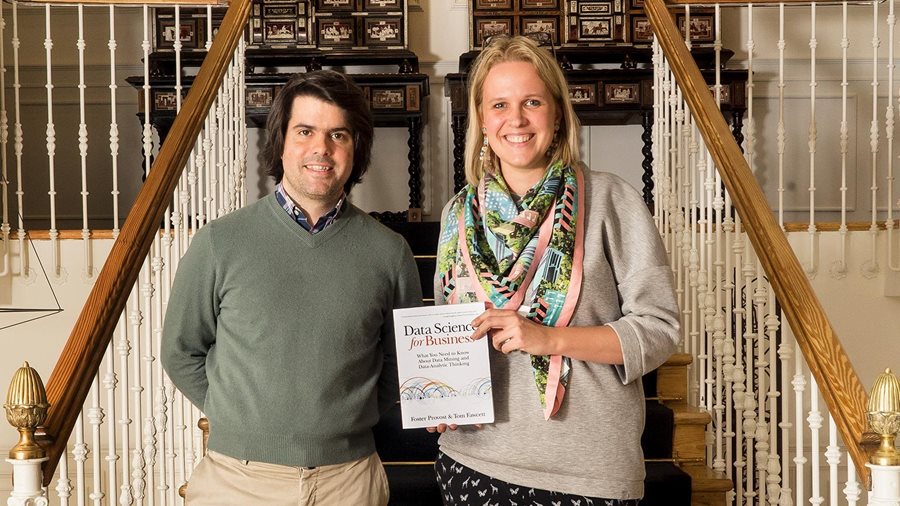Three of the top five “most promising” jobs in the United States this year are high-tech data positions. But not every role on an analytics team requires a math or science degree. “In fact, in the role of a translator, having a computer background can go against you,” says Prudencio Pedrosa Grandes, a partner based in Madrid who holds degrees in economics and business. He should know—he was the first analytics translator at McKinsey and helped to define the role more than 3 years ago. “I don’t have advanced programming skills. But I think logically and understand how to make analytics create tangible value in day-to-day business—that’s the crux of what the translator does.” In late 2013, Pruden worked on an early analytics project, helping a bank reduce its number of nonperforming loans—and he was hooked.
Jump ahead to 2015, and data technologies such as machine learning were gaining traction. As demand for analytics work grew, the need for the role of a translator to lead projects was clear. An early goal was to train a group of some 200 translators, including delineating the role, establishing a learning program and defining a career path.[…]
This year, the translator program…with Carnegie Mellon University, will have graduated more than 1,500 translators in the Americas, Asia, and Europe.

